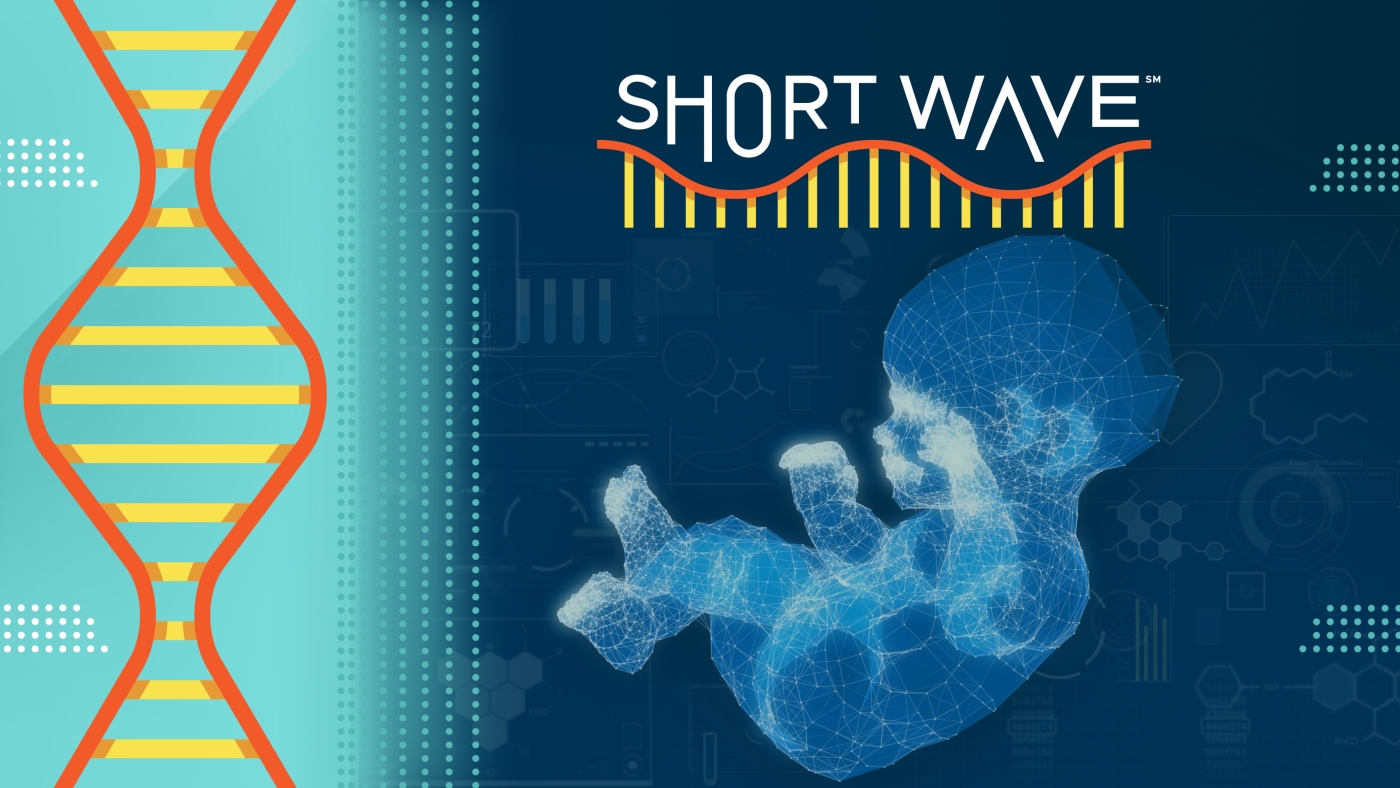Science
New Advances in Gene Editing Raise Ethical Concerns for Future of Humanity

The controversial field of gene editing has once again come under scrutiny following advancements that could reshape human reproduction. In 2018, Chinese scientist He Jiankui shocked the world by announcing the birth of the first gene-edited babies, twins whose DNA had been altered using the CRISPR technique. This revelation sparked outrage within the scientific community, raising ethical questions about the implications of such technology.
While He Jiankui’s actions were widely condemned as reckless, they have prompted a renewed interest in gene editing. Researchers and companies around the globe are now exploring the potential of this technology, aiming to push its boundaries further in a bid to address genetic disorders and enhance human capabilities. The ongoing exploration of gene-editing techniques has ignited discussions about the moral landscape of altering human genetics.
Ethical Implications of Gene Editing
The scientific community is grappling with the ethical ramifications of using gene editing on embryos. The CRISPR technology, while promising, remains relatively new and unregulated. Critics argue that editing human genes could lead to unforeseen consequences, including genetic discrimination and the potential creation of “designer babies.”
According to NPR science correspondent Rob Stein, the conversation around gene editing is intensifying. Stein has been closely following developments in this field, highlighting both the potential benefits and the risks involved. He emphasizes the need for a comprehensive framework that addresses the ethical, social, and legal implications of gene editing.
Recent reports indicate that various biotech companies are pursuing research to refine gene-editing techniques. These companies are keen to apply CRISPR technology in clinical settings, hoping to treat or even eradicate genetic diseases. Yet, the path forward is fraught with challenges. Regulatory bodies and ethical committees must navigate the complex landscape of gene editing to ensure responsible usage.
The Future of Gene Editing in Medicine
Despite the controversies, the potential applications of gene editing are vast. Scientists are optimistic that advancements could lead to breakthroughs in treating conditions such as cystic fibrosis, sickle cell anemia, and other genetic disorders. The ability to modify genes could provide a new avenue for medical therapies, potentially improving the quality of life for millions.
As research progresses, the dialogue surrounding gene editing continues to evolve. The scientific community is calling for robust discussions to establish guidelines that prioritize safety and ethical considerations. There is a consensus that any future applications of gene editing must be approached with caution and transparency.
In conclusion, the landscape of gene editing is rapidly transforming, driven by technological advancements and an urgent need to address genetic health issues. As the world reflects on the lessons learned from He Jiankui’s controversial experiment, it is imperative that the scientific community fosters an environment of responsibility and ethical oversight, paving the way for a future where gene editing can be utilized for the greater good.
-

 Science2 months ago
Science2 months agoNostradamus’ 2026 Predictions: Star Death and Dark Events Loom
-

 Technology3 months ago
Technology3 months agoOpenAI to Implement Age Verification for ChatGPT by December 2025
-

 Technology7 months ago
Technology7 months agoDiscover the Top 10 Calorie Counting Apps of 2025
-

 Science2 months ago
Science2 months agoBreakthroughs and Challenges Await Science in 2026
-

 Technology5 months ago
Technology5 months agoElectric Moto Influencer Surronster Arrested in Tijuana
-

 Health5 months ago
Health5 months agoBella Hadid Shares Health Update After Treatment for Lyme Disease
-

 Health6 months ago
Health6 months agoAnalysts Project Stronger Growth for Apple’s iPhone 17 Lineup
-

 Technology2 months ago
Technology2 months agoTop 10 Penny Stocks to Watch in 2026 for Strong Returns
-

 Health6 months ago
Health6 months agoJapanese Study Finds Rose Oil Can Increase Brain Gray Matter
-

 Science4 months ago
Science4 months agoStarship V3 Set for 2026 Launch After Successful Final Test of Version 2
-

 Education6 months ago
Education6 months agoHarvard Secures Court Victory Over Federal Funding Cuts
-

 Health6 months ago
Health6 months agoErin Bates Shares Recovery Update Following Sepsis Complications




















